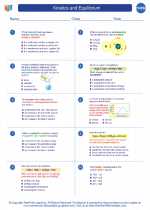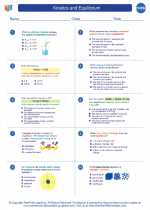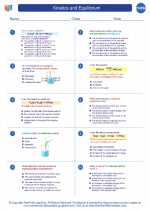Devonian Period
The Devonian Period was a geological period that spanned from approximately 419.2 million years ago to 358.9 million years ago. It is often referred to as the "Age of Fishes," as this period saw significant diversification and evolution of fish species. The Devonian Period is also known for the first appearance of tetrapods, which were the first vertebrates to transition from water to land.
Geological Events
During the Devonian Period, the supercontinent of Gondwana began to drift towards the South Pole, leading to the formation of the southern continents. This movement of landmasses significantly impacted global climate and ocean currents.
Life Forms
The Devonian Period witnessed the diversification of marine life, with the appearance of numerous new species of fish, including the first jawed fish. Additionally, the first forests began to emerge during this period, leading to the evolution of early terrestrial plant life. The presence of shallow seas and swamps provided the perfect environment for the proliferation of plant and animal species.
Study Guide
Key Concepts
- Geological events and continental drift during the Devonian Period
- Evolution and diversification of fish species
- Transition of vertebrates from water to land
- Emergence of early terrestrial plant life
Key Terms
Make sure to familiarize yourself with the following key terms:
Study Tips
When studying the Devonian Period, it is important to focus on understanding the interconnectedness of geological events, climate changes, and the evolution of life forms. Use visual aids such as geological maps and evolutionary timelines to better comprehend the changes that occurred during this period.
[Devonian] Related Worksheets and Study Guides:
.◂Chemistry Worksheets and Study Guides High School. Kinetics and Equilibrium

 Worksheet/Answer key
Worksheet/Answer key
 Worksheet/Answer key
Worksheet/Answer key
